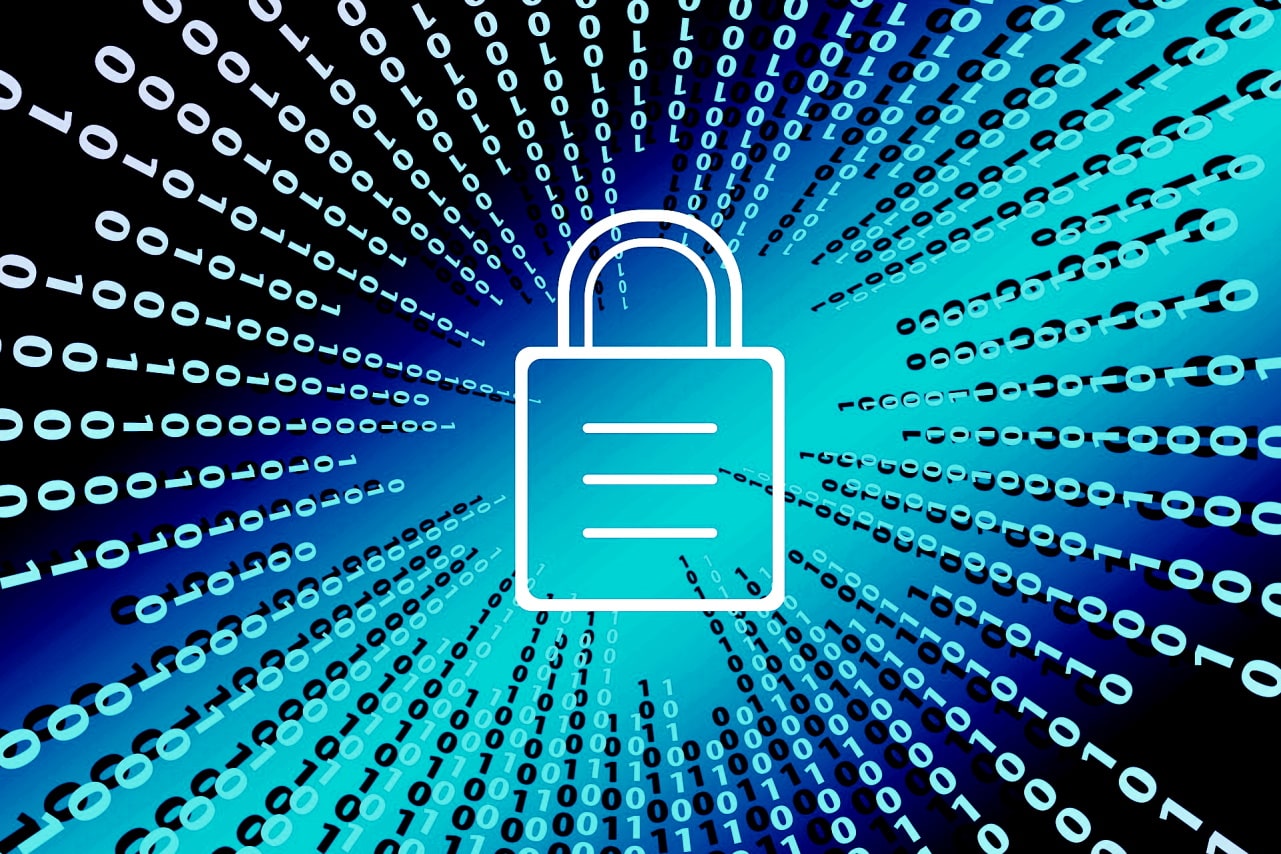Privacy and Security Measures for Domainers – Empowering You to Safeguard Your Personal Information and Preserve the Integrity of Your Valuable Domain Assets.
As a domainer, someone who buys, sells, and manages domain names, safeguarding your personal information is very important for maintaining your privacy and security. In this article, we will explore various strategies and best practices to help you protect your personal information as a domainer.
- Private Domain Registration
When you register a domain name, your personal information, such as your name, address, phone number, and email address, is typically required to be publicly accessible through the WHOIS database.
This poses a potential risk, as it exposes your personal details to anyone who performs a simple WHOIS lookup.
To mitigate this risk, consider opting for private domain registration services. Many domain registrars offer this feature, which allows you to shield your personal information by replacing it with generic contact details provided by the registrar. This way, your name and address will not be publicly visible, reducing the chances of unsolicited contact or potential data breaches.
- WHOIS Privacy Services
Another effective method to protect your personal information is by utilizing WHOIS privacy services.
These services act as intermediaries between the public and domain owners, ensuring that your contact information remains hidden.
WHOIS privacy services replace your personal details in the WHOIS database with generic information, while still forwarding any legitimate correspondence to you. This helps maintain your privacy while allowing you to receive important communications related to your domain.
- Two-Factor Authentication (2FA)
Implementing two-factor authentication (2FA) adds an extra layer of security to your domain registrar and email accounts. With 2FA enabled, you will need to provide an additional verification code or use a physical token alongside your regular login credentials.
By enabling 2FA, even if someone manages to obtain your login details, they won’t be able to access your accounts without the additional authentication factor. This greatly reduces the risk of unauthorized access and potential domain hijacking attempts.
- Strong Passwords and Regular Updates
Creating strong, unique passwords and regularly updating them is an essential practice for protecting your personal information. Avoid using easily guessable passwords and consider using a password manager to generate and securely store complex passwords.
Also, it’s important to regularly update your passwords, especially if there has been a security breach or if you suspect any unauthorized access. By frequently changing your passwords, you decrease the chances of someone gaining prolonged access to your accounts.
- Secure Email Communications
Email is often used for important domain-related communications, so it’s crucial to secure your email accounts. Start by using reputable email providers that offer robust security features, such as encrypted connections and spam filters.
To enhance email security, consider using end-to-end encryption tools, such as PGP (Pretty Good Privacy) or S/MIME (Secure/Multipurpose Internet Mail Extensions). These encryption methods ensure that your email content remains confidential and can only be decrypted by the intended recipient.
- Stay Informed about Security Practices
As a domainer, it’s vital to stay informed about the latest security practices and threats in the industry.
Subscribe to reputable technology and domain-related blogs, follow cybersecurity news, and engage in online communities where domainers discuss security concerns.
By staying updated, you can proactively implement new security measures and protect yourself against emerging threats, such as phishing attacks, social engineering, or domain theft.
- Regularly Monitor Your Domains
Regularly monitoring your domain names is essential to detect any unauthorized changes or suspicious activities. Keep an eye on the WHOIS records of your domains and promptly address any discrepancies or unexpected modifications.
Be vigilant about emails or notifications related to your domains, particularly those requesting sensitive information or attempting to deceive you into taking action. Verify the authenticity of such communications by contacting your domain registrar directly, using the contact information provided on their official website.
By exercising caution and verifying the legitimacy of requests, you can avoid falling victim to phishing scams or domain hijacking attempts.
- Keep Software and Systems Updated
Maintaining up-to-date software and systems is crucial for protecting your personal information as a domainer. Regularly update your operating system, web browsers, antivirus software, and other applications to ensure you have the latest security patches and protections against known vulnerabilities.
Outdated software can become a weak link in your security defenses, as cybercriminals often exploit known vulnerabilities to gain unauthorized access to systems. By promptly installing updates, you significantly reduce the risk of being targeted and ensure the security of your personal information.
- Use Secure Payment Methods
When conducting domain transactions, such as purchasing or selling domain names, it’s important to use secure payment methods. Opt for reputable payment processors and platforms that offer buyer and seller protection, secure transaction encryption, and robust fraud prevention measures.
Avoid sharing sensitive financial information through insecure channels and be cautious of potential scams or fraudulent payment requests. Verifying the credibility of buyers or sellers and using escrow services can provide an additional layer of protection during domain transactions.
- Regularly Backup Your Data
Regularly backing up your domain-related data is a fundamental practice for safeguarding your personal information. Create backup copies of your domain records, website files, and any other critical data associated with your domains.
Consider utilizing both local and remote backup solutions to ensure redundancy and protection against data loss. In the event of a security breach or accidental loss, having recent backups allows you to quickly restore your domain assets and minimize potential disruptions.
What additional steps do you take to protect your personal information as a domainer, beyond the measures mentioned in this article?
By adopting these practices and staying vigilant, you can significantly enhance the protection of your personal information as a domainer. Remember, the digital landscape is constantly evolving, so it’s essential to stay proactive and adaptable to emerging threats. Safeguarding your personal information not only protects your privacy but also ensures the integrity and security of your domain assets.

